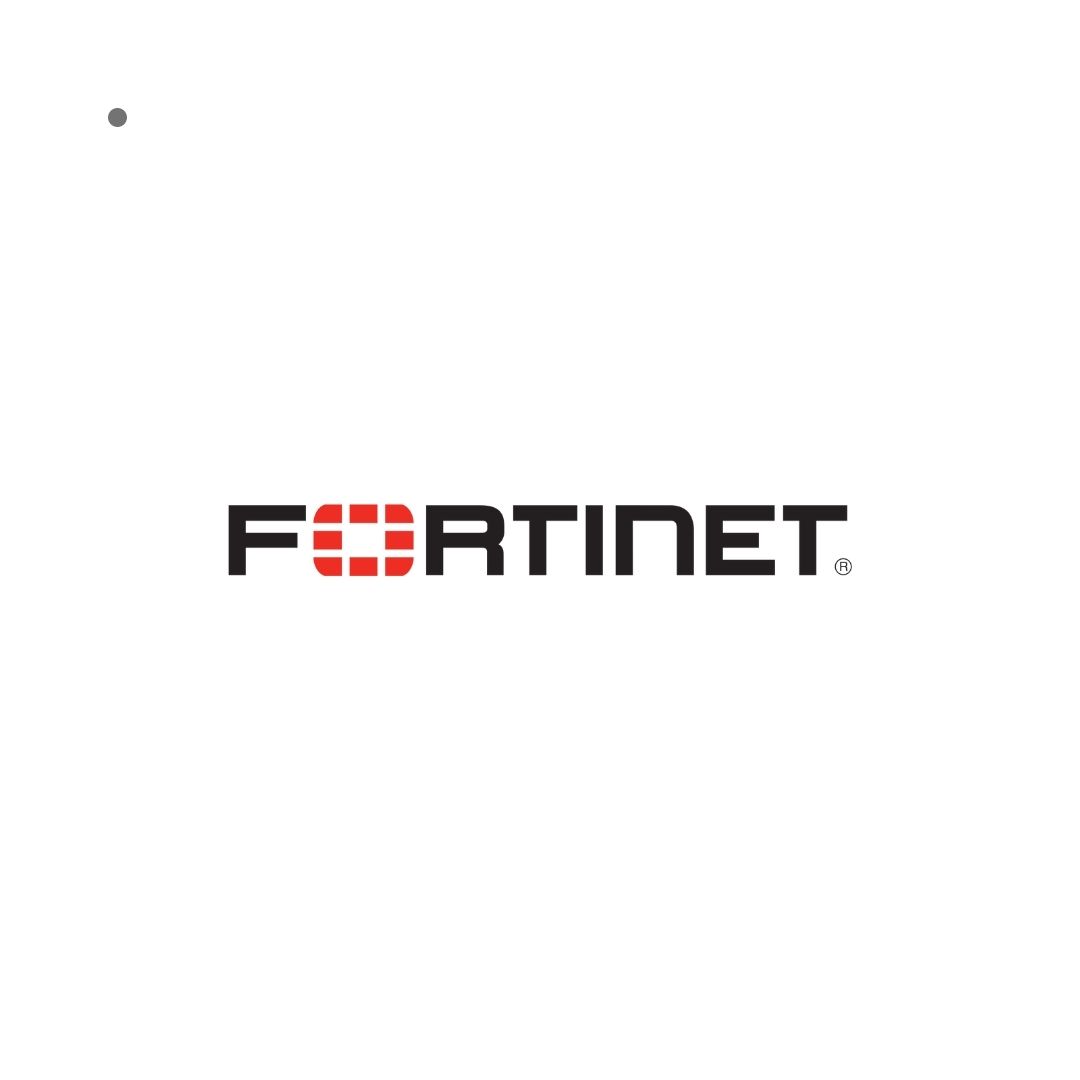Rajesh Maurya, Regional Vice President, India & SAARC at Fortinet
“Empowering users to move seamlessly between different work environments has critical implications for maintaining user productivity as well as security. Cybercriminals have been quick to exploit the expanded attack surface and security gaps created by this shift in work patterns to get a foothold into the corporate network. Today’s enterprise organizations require work-from-anywhere security that is as flexible and dynamic as today’s business demands. Fortinet is the only vendor capable of delivering unified security built for the Work-from-Anywhere Era that seamlessly adapts based on a user’s environment and risk profile.”

News Summary
Fortinet® (NASDAQ: FTNT), a global leader in broad, integrated and automated cybersecurity solutions, today announced the industry’s most complete solution to enable organizations to secure and connect work-from-anywhere. By unifying Fortinet’s broad portfolio of zero trust, endpoint, and network security solutions within the Fortinet Security Fabric, Fortinet delivers security, services, and threat intelligence that seamlessly follow users whether on the road, at home, or in the office to provide enterprise-grade protection and productivity. These capabilities – designed for the way business is done in the Work-from-Anywhere Era – are available now.
Work-from-Anywhere Expands to Benefit Workers and Cybercriminals
The COVID-19 pandemic has surfaced as the forcing function that greatly expanded the work-from-anywhere model. A forecast analysis from Gartner®1 reveals, “by the end of 2024, the change in the nature of work will increase the total available remote worker market to 60% of all employees, up from 52% in 2020.” Also according to Gartner2, “Organizations are facing a hybrid future, with 75% of hybrid or remote knowledge workers saying their expectations for working flexibly have increased.”
At the same time, multi-stage sophisticated attacks like ransomware are plaguing organizations at an increasing rate. According to the 1H Global Threat Landscape Report from FortiGuard Labs, ransomware incidents have increased nearly 1100% from June 2020 to June 2021. And in a recent global ransomware survey conducted by Fortinet, an astonishing 67% of organizations report having been a ransomware target.
It’s clear that remote and hybrid work is now the status quo and cybercriminals will continue to take advantage of this expanded attack surface. To address the shift in the workforce and threat landscape, enterprises must now take a “work-from-anywhere” approach to their security by deploying solutions capable of following, enabling, and protecting users no matter where they are located.
Fortinet Delivers Security Built for Work-from-Anywhere
As users move between travel, office, and home, they access applications from the cloud, data center or SaaS. Because of this continual flux, it’s imperative that zero trust, endpoint, and network security are all unified by a common set of APIs and integration points to ensure users can seamlessly shift from one location to another, enjoying a consistent user experience that is adequately protected with contextual security. Fortinet is the only vendor capable of delivering this unification to enable security customized depending on where users are and what they are accessing. Here’s how Fortinet enables the three use cases of work-from-anywhere:
Travel: Users working outside the office or primary remote space (and the layered security it provides) potentially introduce unique threat exposure when connecting to the applications and resources necessary for work while using unknown and often unsecured networks and locations. This enables cybercriminals to snoop on exposed communications or launch attacks from inadequately protected devices. To secure users on the go, Fortinet delivers an integrated combination of:
Endpoint Security: EPP, EDR, XDR (FortiEDR, FortiXDR)
Zero Trust Access: ZTNA (FortiClient, FortiOS, FortiGate) + Identity (FortiAuthenticator, FortiToken)
Network Security: SASE (FortiSASE Remote)
Work-from-Home: Remote and hybrid employees typically log in from a set remote location that has some infrastructure to enable work, such as a monitor, home network, and external webcam and microphone. However, home networks are full of non-secure IoT devices as well as other users who might be consuming bandwidth with productivity-reducing video streaming or online gaming. They are also often outside the security of the corporate network and its controls. To provide managed, enterprise-grade security to users at home, Fortinet delivers an integrated combination of:
Endpoint Security: EPP, EDR, XDR (FortiEDR, FortiXDR)
Zero Trust Access: ZTNA (FortiClient, FortiOS, FortiGate) + Identity (FortiAuthenticator, FortiToken)
Network Security: Linksys HomeWRK for Business | Secured by Fortinet
Office: Even when users are working from a location managed by the organization that provides networking and security to employees, strong endpoint security remains an important part of a layered defense given the potential for vulnerabilities to be exploited or third parties to be compromised, providing an entry point for cybercriminals to bypass corporate controls. To secure users, devices, and servers in the office, Fortinet delivers an integrated combination of:
Endpoint Security: EPP, EDR, XDR (FortiEDR, FortiXDR)
Zero Trust Access: ZTNA (FortiClient, FortiOS, FortiGate) + Identity (FortiAuthenticator, FortiToken)
Network Security: Next-generation Firewall (FortiGate + FortiGate-VM)
All of the above are available as part of the Fortinet Security Fabric for stronger security, easier management, and superior total cost of ownership. Fortinet is the only vendor to support ZTNA across travel, office, and work-from-home, and is the only vendor capable of delivering all the required components to support the three use cases of work-from-anywhere as part of an integrated and automated cybersecurity platform.
Simplifying Services to Support Work-from-Anywhere
To further accelerate secure work-from-anywhere, Fortinet is committed to expanding its FortiTrust security as a service portfolio, which offers simplified consumption and unified licensing models designed for the way companies do business in the Work-from-Anywhere Era. Unlike most complicated licensing that includes a mixture of device-based, appliance-based, and cloud-based fees, FortiTrust brings everything together under one user-based license that seamlessly follows users across any environment or form factor. This allows organizations to dynamically adapt to work-from-anywhere challenges such as shifting connectivity needs, hybrid workers, or resources that may need to move back and forth between physical and virtual environments and form factors. FortiTrust’s simplified licensing model allows true network flexibility and enables organizations to easily deploy new technologies designed for dynamic networks.
Work-from-Anywhere Security Enhanced With AI/ML-driven Threat Intelligence
FortiGuard Labs is Fortinet’s elite cybersecurity threat intelligence and research organization dedicated to developing and utilizing leading-edge AI and machine learning technologies to provide customers with timely and consistently top-rated protection and actionable threat intelligence. FortiGuard Labs continuously monitors the worldwide attack surface using millions of network sensors and hundreds of intelligence-sharing partners to keep Fortinet security products armed with the best threat identification and protection information available. These efforts result in timely, actionable threat intelligence that enhances Fortinet’s ability to adjust security enforcement based on location, device, and the application users are trying to connect to.
Supporting Quotes
“Supporting a hybrid workforce has spawned significant investment across both IT and security teams. As organizations commit to the long-term use of this hybrid model, new access and security strategies have emerged, and it’s great to see Fortinet optimize their security and services portfolio to help implement these strategies.”
Dave Gruber, Senior Analyst, ESG






